The FATF compliance is just about technical criteria and India must remember that it won’t impact Pakistan’s proxy war with it
Despite intense lobbying, Pakistan continues to be on the “grey list” of the Financial Action Task Force (FATF) — the global watchdog that tracks terror-funding States and can disqualify them from aid by World Bank and other global institutions. Even after the Paris-based body extended the deadline because of the pandemic, it found “strategic deficiencies” and non-compliance of six key markers in its 27-point action plan. These have to be addressed by February. But given Pakistan’s track record, it has rarely gone beyond token compliance. In August, it had imposed financial sanctions on 88 banned terror groups and their leaders, which included the mastermind behind the 26/11 Mumbai attack and Jamaat-ud-Dawa chief Hafiz Saeed, Jaish-e-Mohammed chief Masood Azhar and underworld don Dawood Ibrahim. However, it failed to take substantial action against Azhar and Hafiz Saeed. It may have booked Saeed’s charities through which he funded money but is yet to cap the money trail to listed terrorists or prosecute the financiers. Besides, their confinement doesn’t mean that they cannot inspire or raise new outfits under different names. And imprisonment is just a euphemism for protection and nurturing their safe havens. Besides, as India pointed out, the names of over 4,000 terrorists suddenly disappeared from its official list.
Nothing much seems to have changed since Pakistan was first put on the list in February 2012 with the FATF’s main concern being that the country did not have appropriate legislation to identify terror financing and to confiscate terrorist assets. This is the second time Islamabad is trying to wiggle out of the “grey list” and if it succeeds without guaranteeing it won’t continue harbouring and aiding terrorist organisations, the credibility of FATF will also be in question. For now, with its economy already in the doldrums, it has brought time to “repair the outstanding issues.” Besides, Pakistan’s all-weather friend China is trying to devise a workaround, arguing for a re-negotiation of the FATF brief itself, saying the grouping had no business to blacklist nations but should help them counter terrorist funding instead. India must realise that the shades of the FATF list mean nothing in terms of threat levels ever since the blacklist was diluted as a “call for action” and the “grey list” was downgraded to “other monitored jurisdictions.” It must remember that global penalties won’t impact Pakistan’s proxy war and it has to evolve its own dynamics about sponsored terror instead of focussing solely on isolating our neighbour diplomatically.







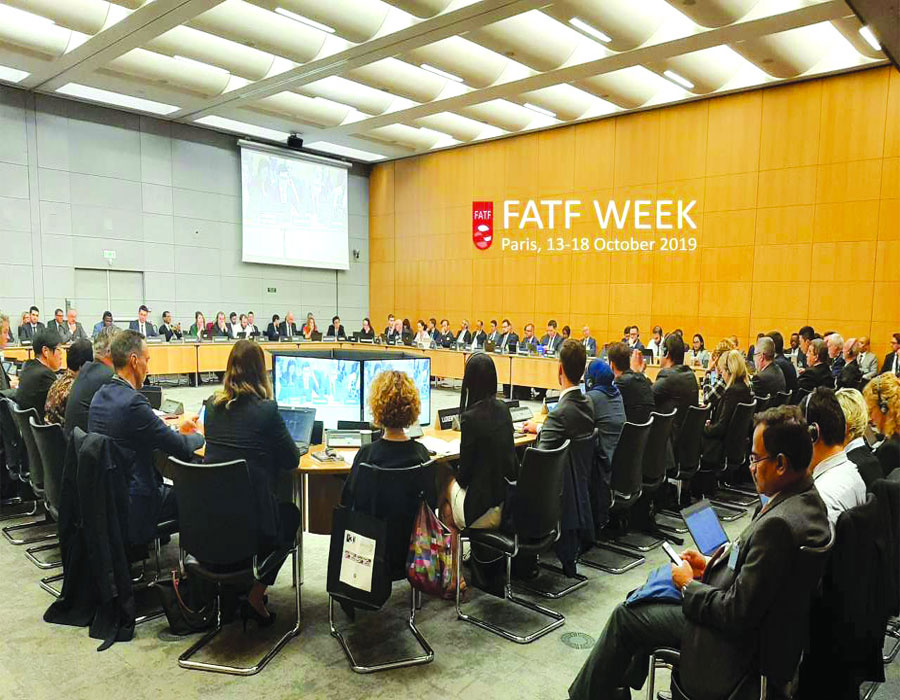
 OpinionExpress.In
OpinionExpress.In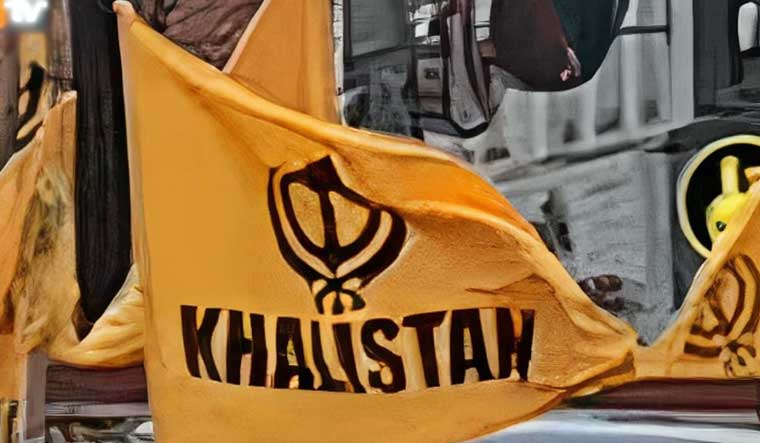

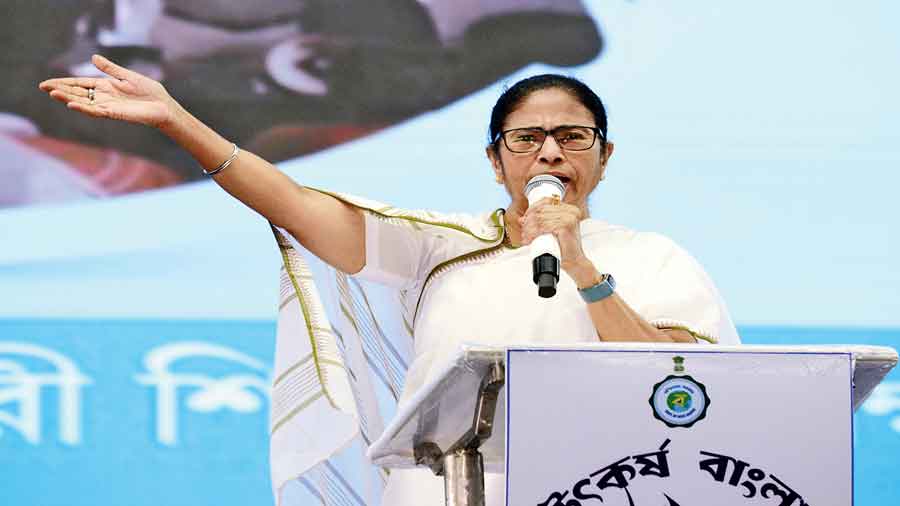
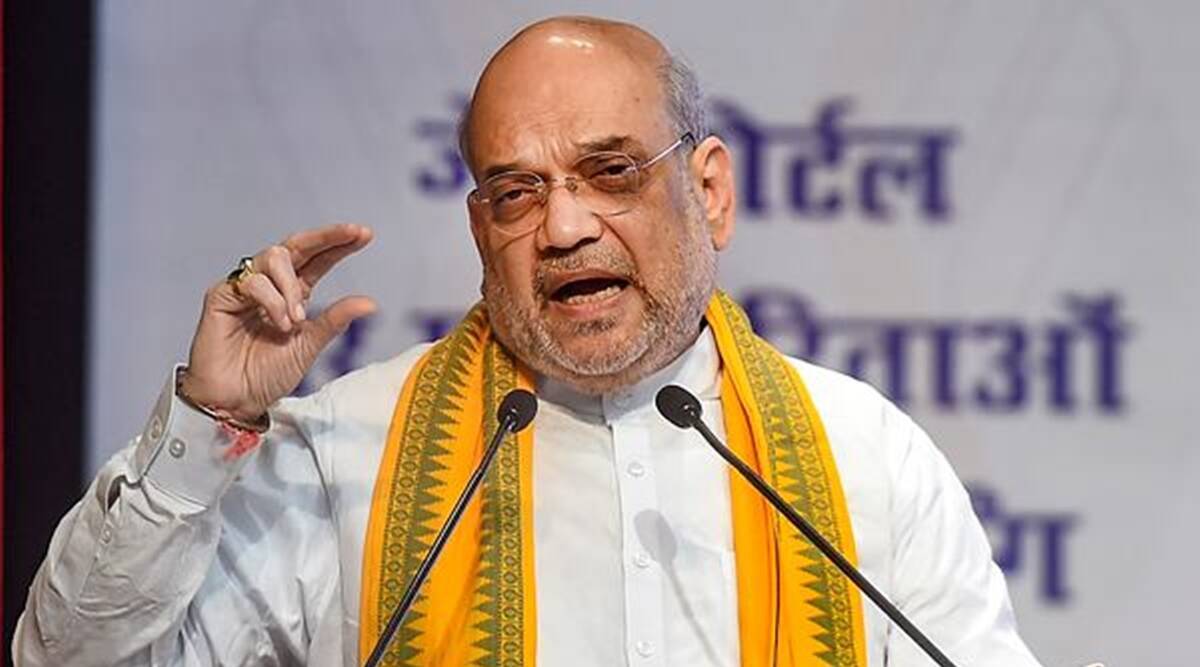

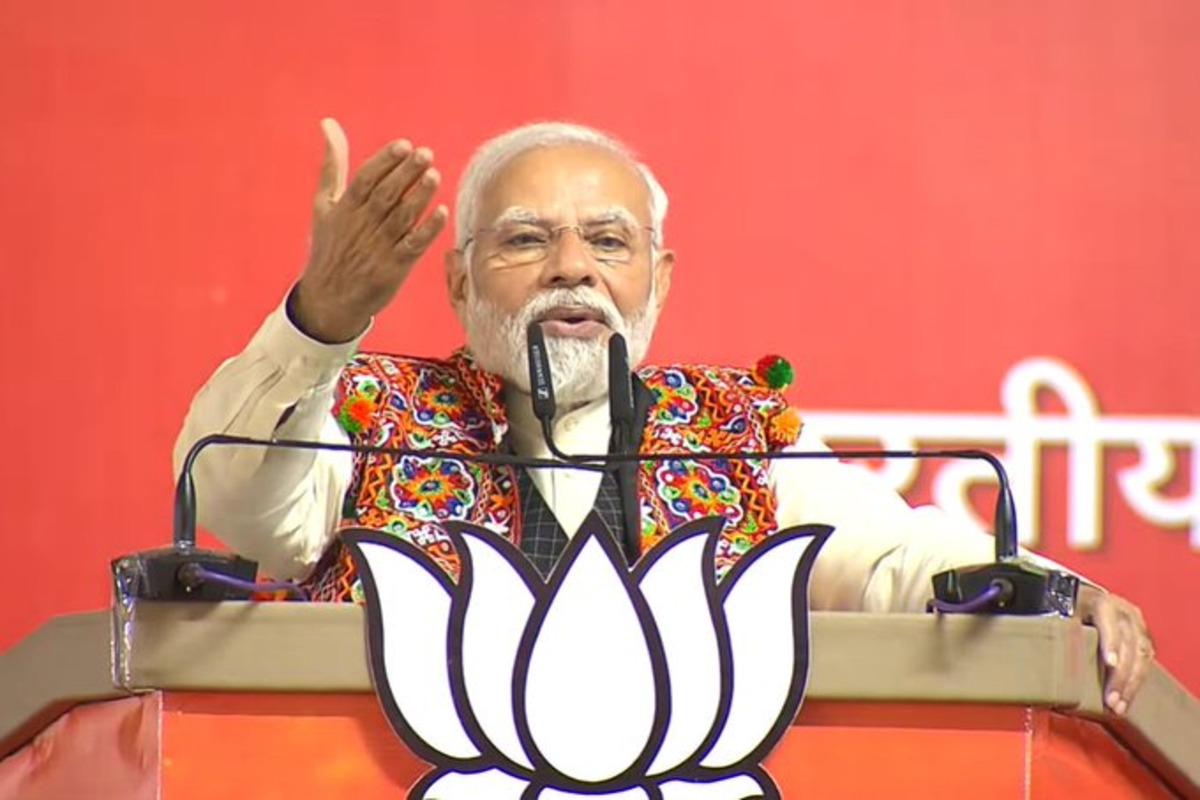
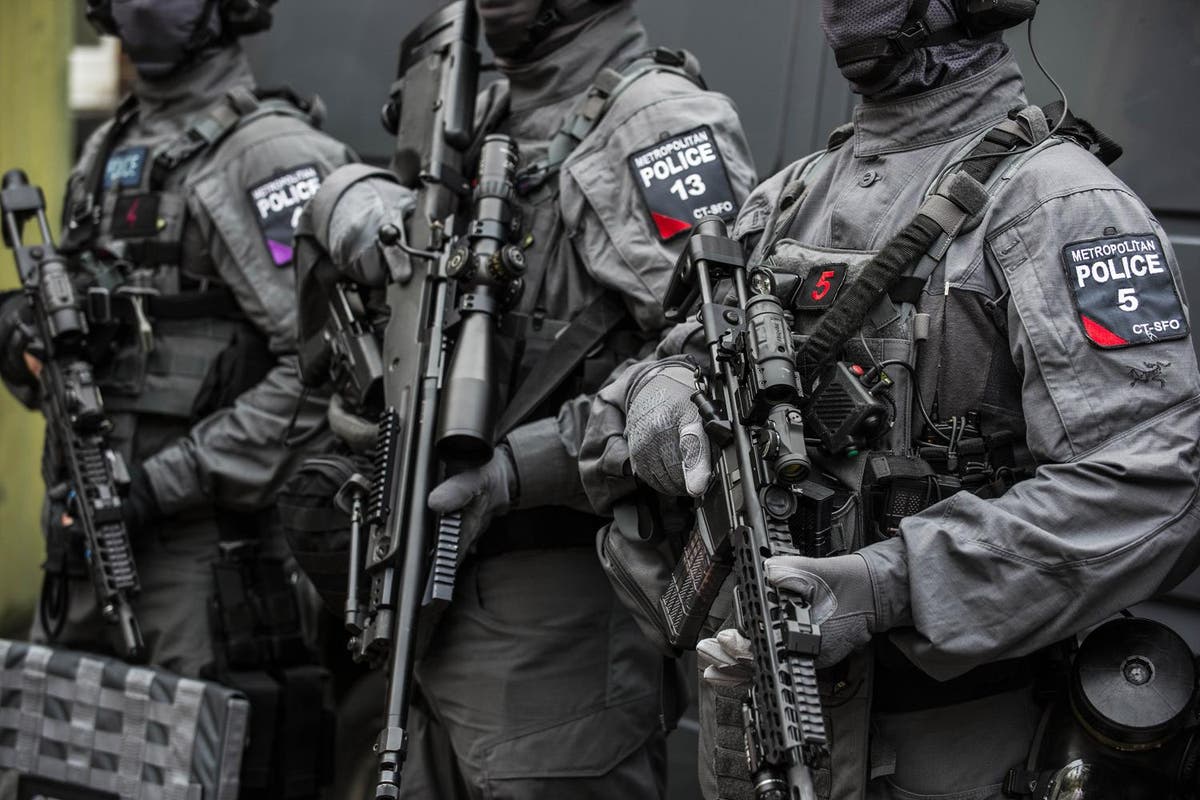
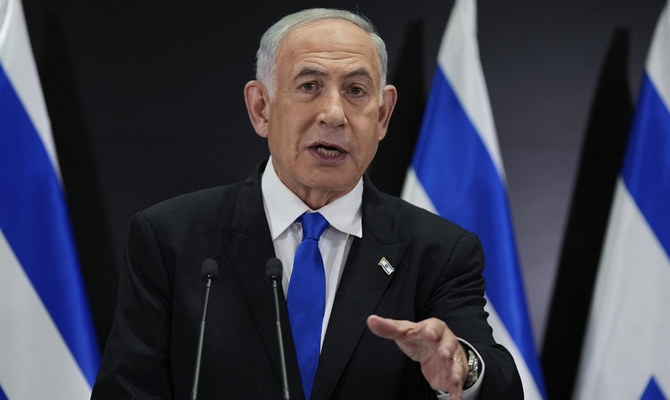

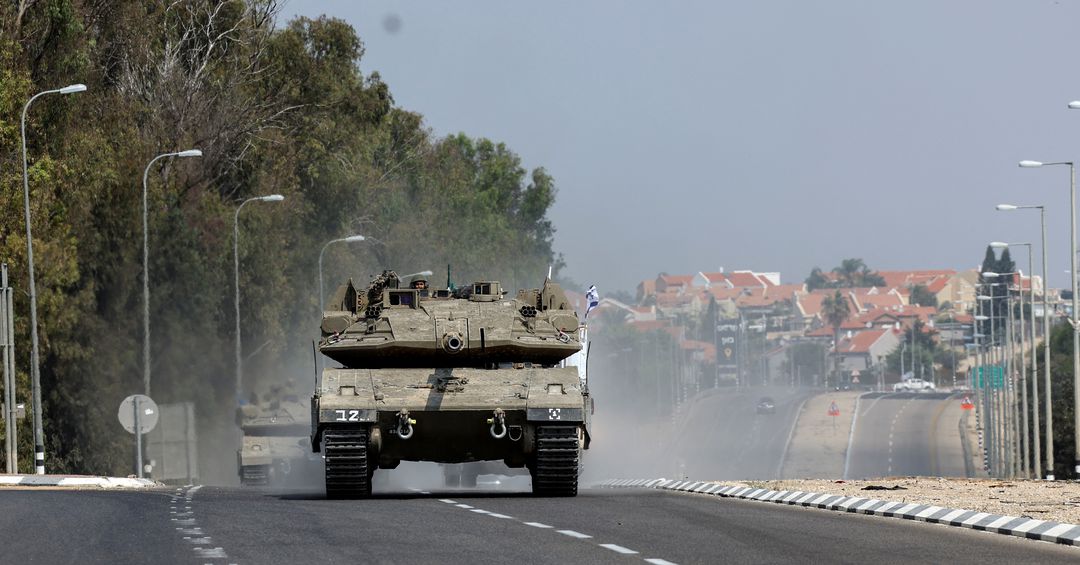






Comments (0)